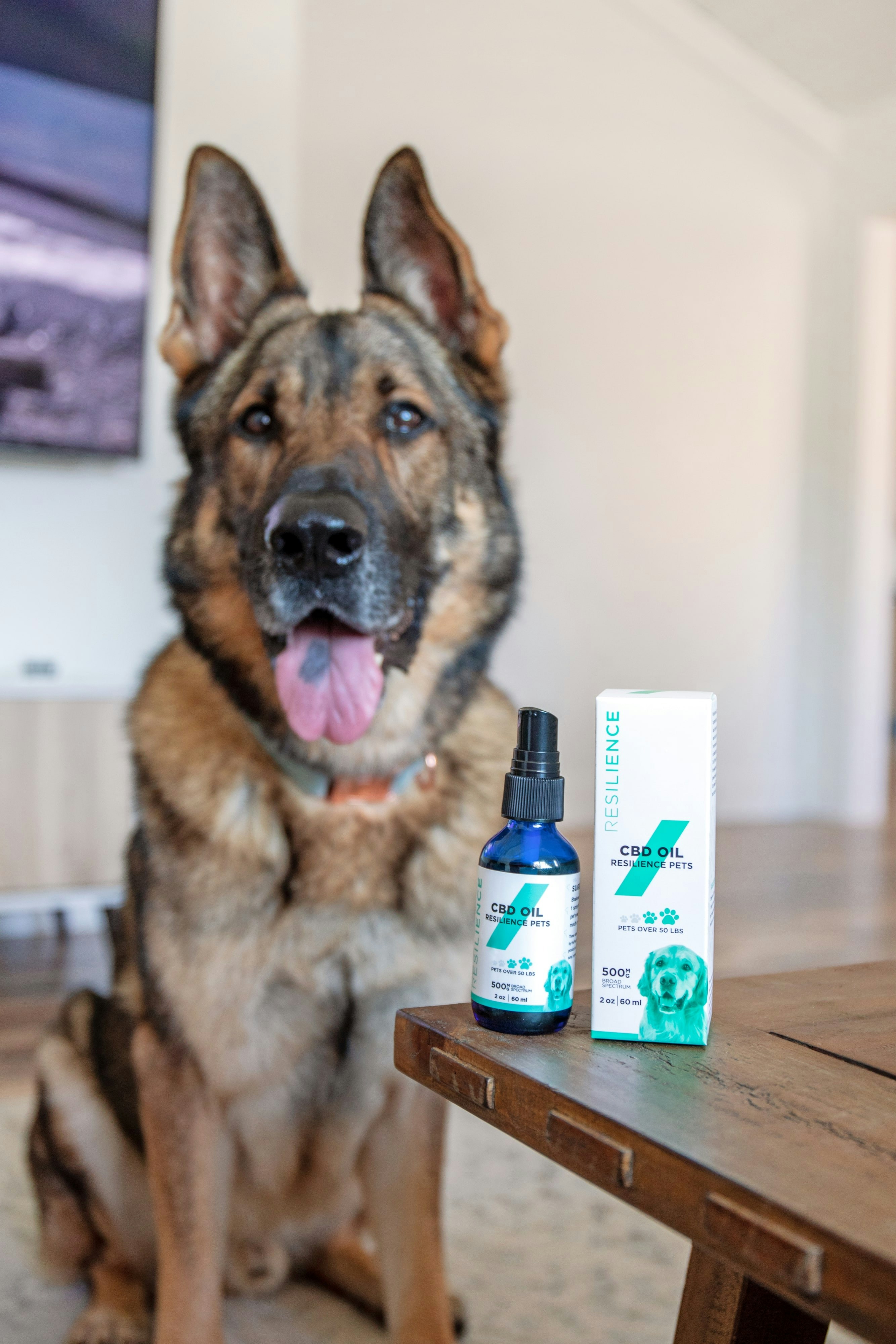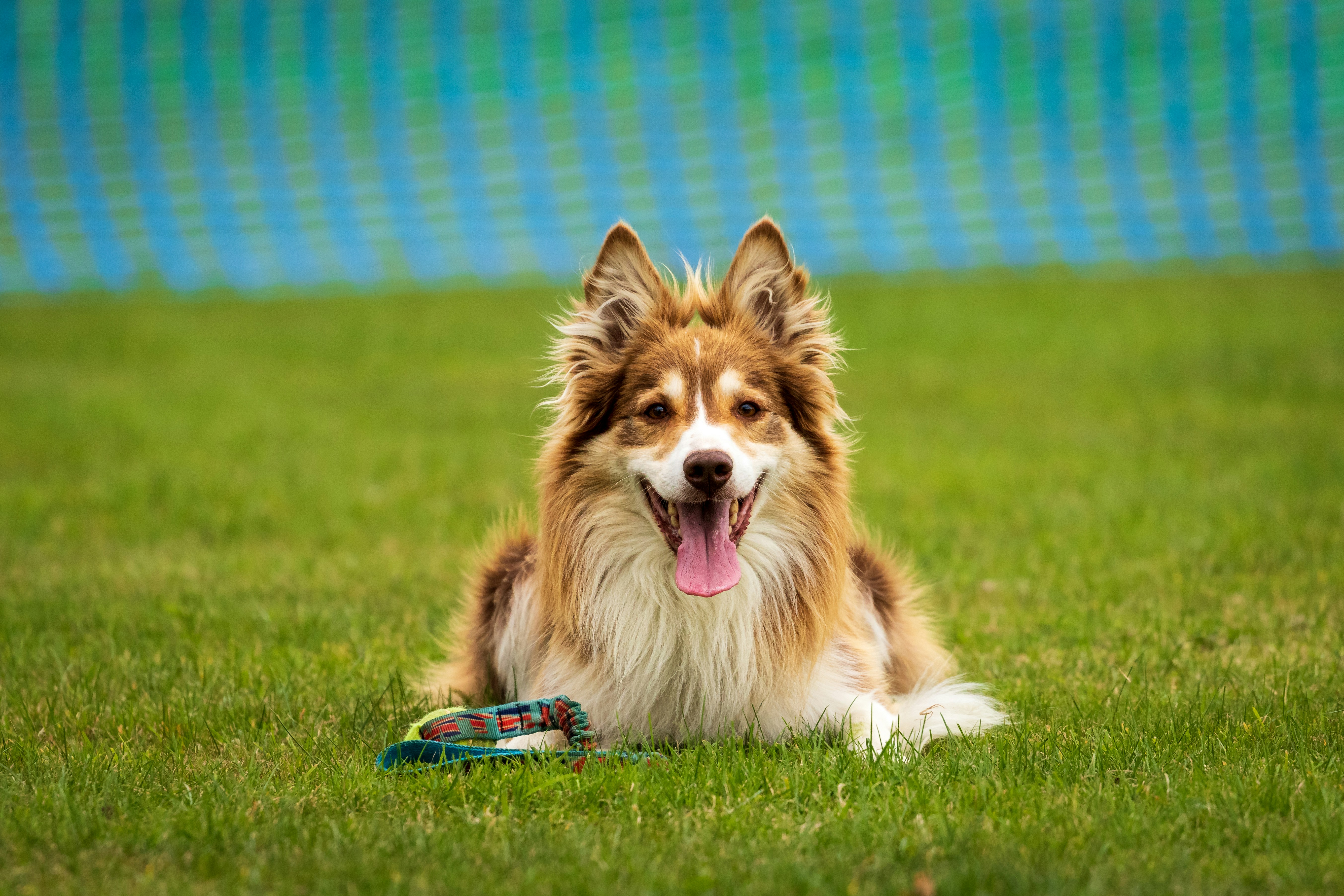Essential Guide to Dog Care and Training for Dog Lovers
October 13, 2024 | by prusd2066@gmail.com
 Photo by Resilience CBD on Unsplash
Photo by Resilience CBD on Unsplash Comprehensive Dog Care: Ensuring a Happy and Healthy Pup
When it comes to responsible dog ownership, understanding the fundamental aspects of dog care is paramount. Proper nutrition forms the cornerstone of a dog’s health. Selecting the right food involves considering the dog’s breed, age, weight, and any specific dietary restrictions. Premium-quality dog food, rich in essential nutrients, ensures that your pet maintains optimal health. Both macronutrients, such as proteins, carbohydrates, and fats, as well as micronutrients like vitamins and minerals, play critical roles in a dog’s growth and development. Consulting with a veterinarian may assist in tailoring dietary choices that meet your dog’s individual needs.
Grooming is another essential component of dog care that varies significantly depending on the dog’s coat type. For instance, breeds with long hair require regular brushing to prevent tangles, while short-haired breeds may only need occasional brushing. Additionally, maintaining healthy skin and coat through regular baths using dog-specific shampoos is vital. Nail trimming and dental hygiene should not be overlooked, as they play crucial roles in preventing pain and maintaining overall health.
Regular veterinary check-ups are imperative for monitoring your dog’s health, ensuring vaccinations are up-to-date, and detecting any underlying health concerns early on. Veterinarians also provide valuable advice on preventive care, such as flea and tick prevention, heartworm treatment, and balanced nutrition. Early detection of health issues can lead to more effective treatments and a better quality of life for your pup.
Finally, creating a safe and enriching living environment for your dog is vital. This includes providing toys that stimulate their minds, engaging in regular exercise, and encouraging social interaction with people and other pets. By focusing on these crucial elements of dog care, you can ensure your furry friend remains happy, healthy, and thriving for years to come.
Effective Dog Training Techniques: Building a Strong Bond
Establishing effective dog training techniques is essential for fostering good behavior and nurturing a strong bond between dogs and their owners. One of the most widely recognized methods is positive reinforcement, which involves rewarding desirable behaviors with treats, praise, or playtime. This technique not only encourages dogs to repeat good behavior but also creates a positive association between the owner and the training experience. By focusing on what the dog does right rather than punishing undesirable actions, owners can cultivate a trusting relationship.
Another valuable technique is clicker training, which employs a distinct sound to mark a behavior, immediately followed by a reward. This method helps dogs understand exactly what actions are being reinforced, making the training process clearer and more effective. Consistency in commands is crucial during this training phase; using the same words and tones for specific commands reinforces learning and reduces confusion. As dogs thrive on routine, maintaining a consistent approach helps them understand their owner’s expectations.
Moreover, socialization plays a vital role in effective dog training. Introducing dogs to various environments, people, and other animals helps them develop confidence and reduces anxiety in unfamiliar situations. Basic obedience training, such as teaching commands like “sit,” “stay,” and “come,” lays the groundwork for good behavior and reinforces the bond between dogs and their owners. It is important to address common behavioral issues like barking, chewing, and house training through structured sessions that allow for gradual improvement.
Expert tips also suggest that patience and understanding are key components of successful training. Recognizing that each dog learns at its own pace promotes a loving and respectful relationship. By employing these effective training techniques, dog owners can forge a strong bond and build a well-behaved companion.
RELATED POSTS
View all


